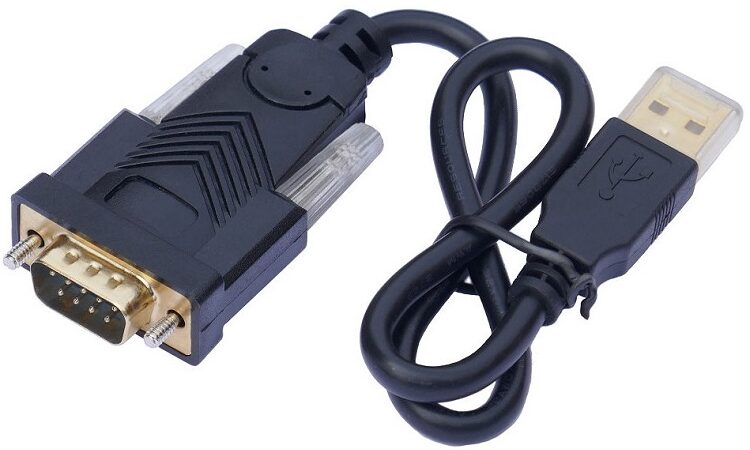16 Essential Soft Skills For Today’s Software Engineers

How many skills do software engineers need to possess in 2023? Well, if you searched that question online right now, you might find answers recommending they have anywhere from 10-30 different skill sets.
But how many of those are “soft” skills?
To get the answer let’s take a closer look at some of the more common soft skills.
Soft skills, often called interpersonal or people skills, are personal attributes, traits, and abilities that enable individuals to effectively interact, communicate, collaborate, and work with others.
They are more about personal qualities and behaviors that contribute to positive social interactions and overall success in professional and personal settings.
Some common examples of soft skills include:
Communication: The ability to convey ideas, thoughts, and information clearly and effectively, both verbally and in writing.
Teamwork: The capacity to work harmoniously and cooperatively with others, contributing positively to group dynamics and achieving shared goals.
Problem-solving: The skill to analyze situations, identify challenges, and develop creative and effective solutions.
Adaptability: The flexibility to adjust and thrive in changing circumstances, whether they involve work processes, technologies, or environments.
Critical thinking: The capacity to assess information, make sound judgments, and arrive at well-reasoned conclusions.
Leadership: The ability to inspire, guide, and motivate others toward a common goal while also being responsible and accountable.
Emotional intelligence: The awareness and management of one’s own emotions, as well as the ability to empathize with and understand the feelings of others.
Conflict resolution: The skill to address and resolve disagreements or conflicts constructively and respectfully.
Time management: The ability to prioritize tasks, set goals, and manage one’s time efficiently to achieve desired outcomes.
Networking: The practice of building and maintaining relationships with others, which can be valuable for personal and professional growth.
Negotiation: The capability to engage in discussions and reach mutually beneficial agreements while maintaining positive relationships.
Creativity: The talent to think innovatively and develop new ideas, solutions, or approaches.
So which ones do you want to have as a data scientist today?
While communication may sound like a no-brainer, consider its importance in a situational or modern-day setting, for example, the pandemic turned a lot of jobs into remote positions.
If you’re working in a remote software engineering position, communication styles (written and verbal) have to evolve. Plus, 40% of software engineers want to work remotely. As more companies agree to those terms, it widens the job applicant pool and increases the need for candidates to stand out in critical areas.
Remote Software has identified the most common remote team communication challenges as technical language barriers, time zone differences and managing responsive and synced communications.
Some of the communication challenges can come from company culture; in those cases, some of the problems might be beyond your control. So, as you seek out data science jobs in 2023, be sure to learn as much as you can about a company.
You’re going to want a culture that has effective communication tools, processes and protocols in place before you agree to join the organization.
As We Work Remotely points out:
- Make written communications clear and concise
- Empower your critical thinking
- Consider your tone, context
- Be aware of your body language (posture)
Jose Luis Casadiego Bastidas, Manager in Advanced Analytics at Kearney, says communication, project management, collaboration, slides-making and conflict management are vital soft skills for data scientists.
The unique one on his list was slides-making.
There are so many easy ways to create slides today, but Jose says the key for data scientists is building slides that take complex concepts and translate them into focused and visually-appealing slides. You want the concepts to be understood by technical and non-technical audiences.
Domain Knowledge and Business Acumen
Petrophysicist and Data Scientist Andy McDonald lists domain knowledge and business acumen as two essential soft skills for data scientists.
Andy says it’s critical to have a solid familiarity with any domain you’re working in, and you should understand how it fits into the goals of a business. This knowledge is very beneficial if you’re in a long-term job opportunity, and it will help add depth to the communication soft skill we’ve already identified.
Now what about business acumen?
This is centered around understanding the business and should include a knowledge of different segments and processes within it. It’s not hard to see how this would help you predict and monitor the potential challenges the business model could face.
Ethical Analysis
As ethical considerations loom larger in data science than ever before, soft skills such as ethical reasoning and empathy facilitate meaningful conversations about data privacy, bias mitigation, and societal implications. Data scientists who can guide these discussions contribute to the responsible and beneficial deployment of technology.
How Can Data Scientists Learn Soft Skills?
Data scientists can develop these soft skills through a variety of ways, including attending workshops and training programs. There are also several videos, books and articles on communication and other soft skills.
It can also be beneficial to find unique opportunities to collaborate and interact with individuals from different backgrounds and approaches to data science. Enrolling in a comprehensive data science bootcamp will give you access to a network of data scientists who will be an asset in your career and skills development.
As you job search and get interview opportunities, you can showcase your soft skills through precise written communications in your cover letter, resume and online portfolio. You can demonstrate your ability to communicate during the interview process.
Give colleagues and friends ways to review your written content and consider having someone conduct a mock interview with you. That way, you can get instant feedback and adjust those soft skills accordingly.
Soft and Technical Skills are a Powerful Combination
Ultimately, a data scientist with strong technical skills and well-developed soft skills is better positioned to positively impact and drive meaningful change through their work.
Technical skills provide the foundation for navigating the data landscape, from collection and analysis to modeling and visualization.
Yet, the actual value emerges when these skills are integrated with soft skills, enabling data scientists to bridge the gap between raw data and actionable insights.
Author Bio:
Anjani Vigha is a technical as well as creative content writer at Thinkful, a Chegg service. She is an outgoing person, and you will find her near books, arts and explore the miraculous world of technology. Connect with her on LinkedIn or Twitter.






